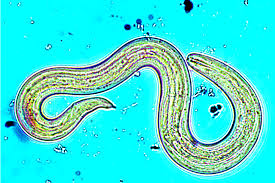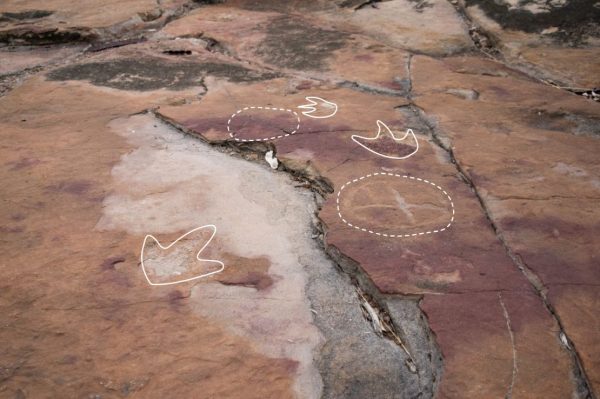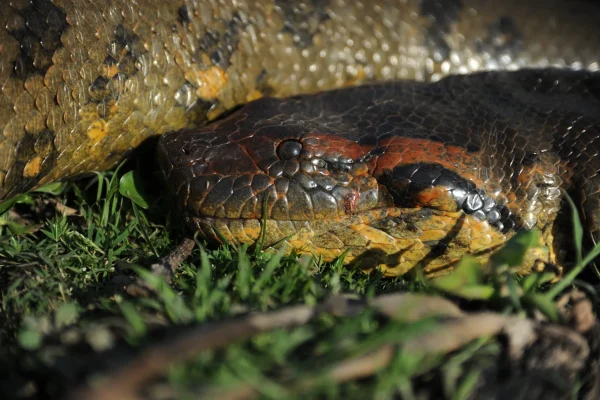Brain-Invading Parasite on Rise in Hawaii

April 13, 2017
Over the past three months, the Hawaii State Department of Health has confirmed 9 cases of Rat Lungworm disease, 6 on Maui and 3 on The Big Island, as well as investigating an additional 4 unconfirmed cases. Among the infected are two San Francisco tourists, who were diagnosed when they returned the to the bay area. Hawaii typically encounters one to nine cases per year.
Rat Lungworm, known in the scientific community as Angiostrongylus cantonensis, presents its symptoms differently in adults and children. After a one to three week incubation period, the parasite will get lost in its unusual host, and will often travel to the brain and stay there. Because it will never mature to a point where it can reproduce, the parasite will die, but not before it can cause some problems. Typically the patients develop a type of Meningitis specific to the parasite. This causes a swelling of the thin membrane covering the spinal cord and brain, which is treated with anti-parasitic drugs and steroids. A best case scenario will involve the patient developing mild symptoms before recovering on their own. More extreme cases may result in coma, and there have been two reported deaths from the parasite in Hawaii since 2017.
The brain-invading parasite mostly infects rats, but it is commonly transmitted through snails or slugs, who consume the rat feces. A 2014 research paper reported that approximately 80% of land snails are carriers of the parasite. Consuming a raw or under cooked snail can lead to infection in a human. Most likely this occurs when a snail or slug goes unnoticed on a poorly washed fruit or vegetable, such as lettuce. It can also spread through under-cooked or raw crustaceans or frogs, although this is much less common. In extremely rare cases it can be transmitted through contaminated water.
To prevent being infected with the parasite, the Hawaii State Department of Health recommends thoroughly washing and checking all produce before consuming, as well as avoiding handling slugs and snails with bare hands, and covering stored rainwater so that slugs and snails may not gain access.












Lanissa Patterson • Apr 30, 2017 at 3:21 pm
This is pretty unnerving! I will have to be extra cautious when I vacation there.